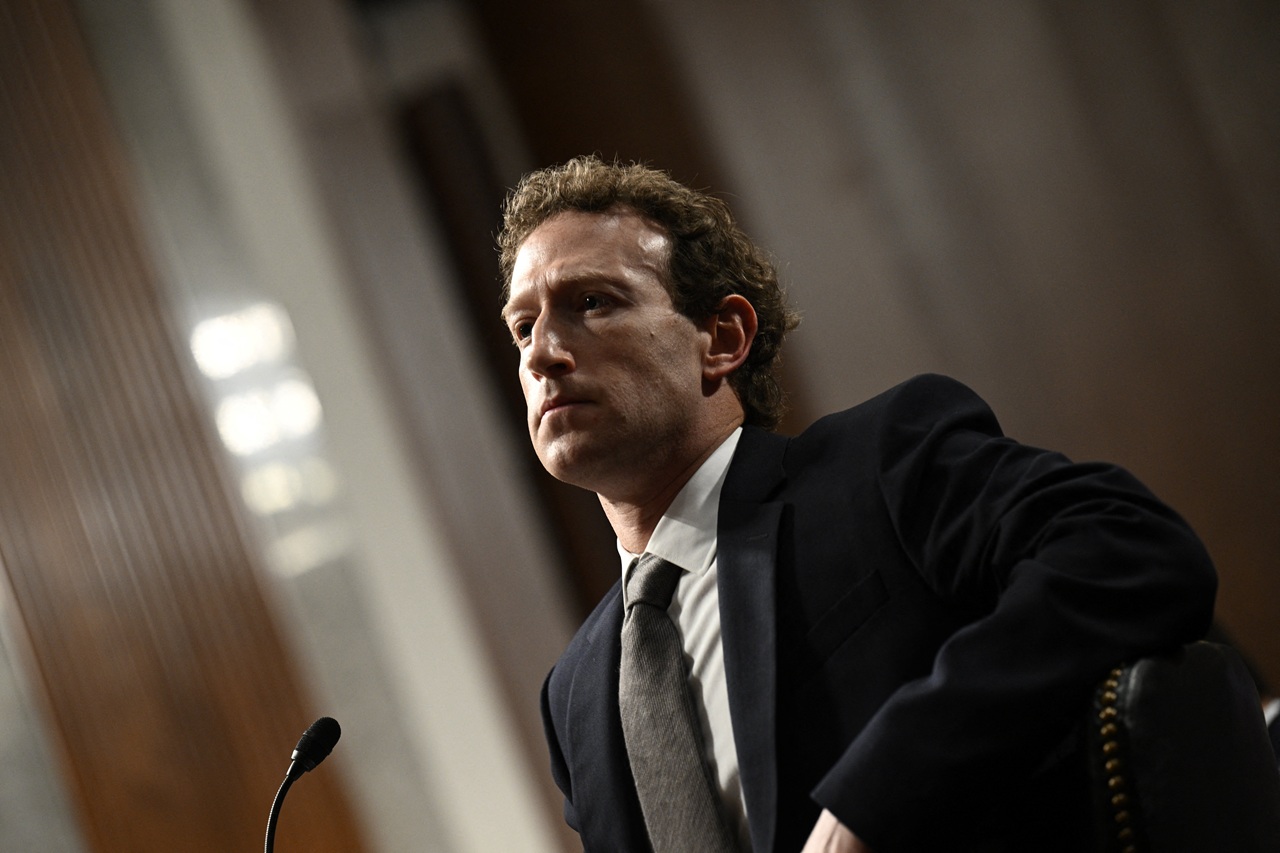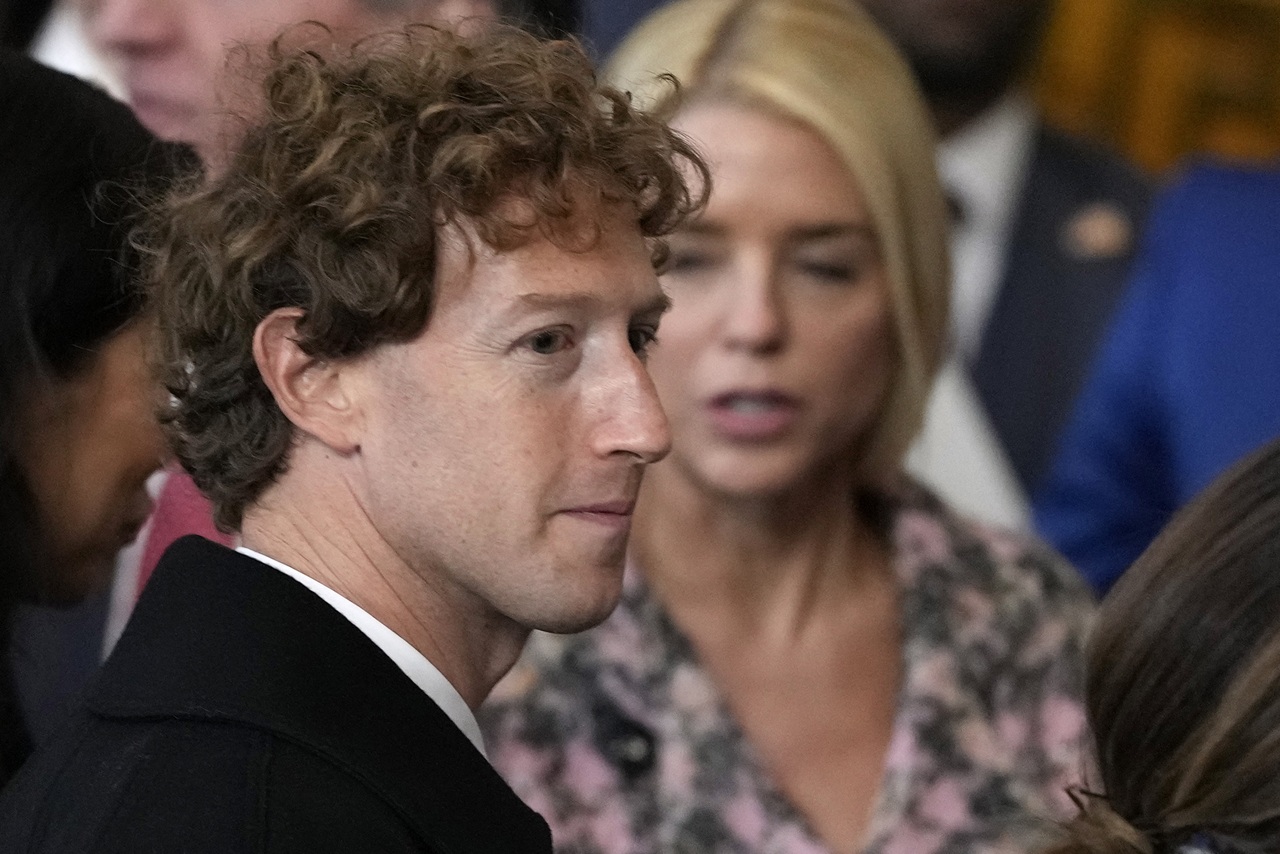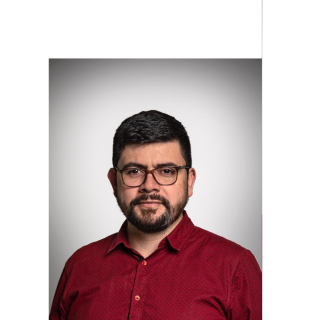
Goodbye to Facebook fact-checking: who is going to tell us the truth?
Mark Zuckerberg announced the end of his information verification programs in this social network. Claudication or accommodation to new circumstances?
At the same time that Mark Zuckerberg announced the end of his online data verification programs, the new board of directors of Meta, his large technology holding company, was announced. One of the new members of one of the highest levels of management in the company is Dana White, the CEO of the Ultimate Fighting Championship, a businessman very close to the Trump Administration and its unrestricted ally.
It is important to take into account these two facts in the analysis of information verification processes in social networks. The first is that it is clear that the big tech companies are rubbing their hands together with the arrival of the new Trump administration: in addition to having a great closeness thanks to the role that Elon Musk played during the campaign, it is clear that these companies are advocating for less regulated markets and less supervision in order to take advantage of all the commercial possibilities that they imply. That is the first discussion: the tension between freedom of the press and freedom of enterprise.
But there are other underlying ones: how are people being informed and how far do the responsibilities of each of the actors in the complex ecosystem of information circulation in a world dominated by digitalization go?
Let's take it one step at a time. First, it is very worrisome the huge space that the big tech companies will have in the new administration and how they could co-govern during the Trump administration.
Al explicar su decisión, Zuckerberg aseguró que "vamos a eliminar a los fact-checkers (verificadores de contenido) para reemplazarlos por notas comunitarias similares a las de X (antes Twitter), empezando en Estados Unidos".
Zuckerberg said that "fact-checkers have been too politically biased and destroyed more trust than they have created, especially in the United States."
That task will be replaced "by community notes similar to X," he added.
In this matter, the fight has been hard fought, because not only the dominance of certain companies in the technology markets is at stake, but also one of the main values for any democracy: the truth.
The Biden administration and the European authorities had already made progress in the task of protecting users' rights in the face of the evident monopolistic risk in technology markets: they have put Google and other tech companies on the ropes for their dominant positions in several markets. Beyond the ideological bias, it is clear that there are pending issues to be resolved in the face of digital disruption and the type of ecosystem that is created; when we incorporate issues such as artificial intelligence, the evidence becomes irrefutable, because there are many ethical and competition issues that remain on the table.
This is why the role that technology tycoons may play in this new political era is of great concern. According to an AFP analysis article signed by Aurélia END, all the recent moves by the tech majors seek to align themselves with Donald Trump's new administration. Facebook's announcement that it will end its data verification program in the United States is the latest victory for the president-elect and his billionaire advisor Elon Musk, some experts point out, because until now no CEO of a US tech company had expressed such direct support for the radical concept of freedom of speech championed by Trump and Musk.
Donald Trump attacks media outlets that criticize him but advocates for the free flow of content from his social media followers, who often amplify his anti-immigrant rhetoric, hostility to transgender people and threats to his opponents.
"For those of us who have fought the free speech wars for years," it's "a big win and a turning point," reckoned David Sacks, an entrepreneur and future Trump advisor on artificial intelligence (AI) and cryptocurrencies.
This friend of Elon Musk celebrated that Meta has "corrected its trajectory".
"Thank you President Trump for creating this political and cultural realignment," she wrote.
"It makes sense to approach this (Meta) decision from a political angle," Ethan Zuckerman, a professor of public policy, communication and information at the University of Massachusetts, told AFP.
RELATED CONTENT
The academic recalls that Dana White, a Trump supporter, has become part of Facebook's management team.
The decision announced Tuesday also "favors Zuckerberg's financial goals: data verification is a difficult, expensive and controversial activity," notes this researcher, who recently sued Meta over the operation of its algorithm.
"Political parties, like social networks, thrive on divisiveness, so it's not very surprising (that a company) like Meta would stop fact-checking," says Wendy Schiller, a political science professor at Brown University.
Other industry leaders have shown, more discreetly, their desire to cooperate with the future Trump administration, once Biden's term ends, marked by a harsh tone towards technology companies, accused of enabling the proliferation of disinformation and hate speech.
Donald Trump plans to attack these companies and the media in general. In the past, he has lashed out harshly against social networks, especially after being temporarily excluded from Facebook and Twitter, which was acquired by Elon Musk, who changed the name to X.
On Tuesday, the president-elect estimated that Meta's boss had "probably" reacted to threats from him.
Towards a culture of verification?
The other aspect of the discussion has to do with how verification processes are going to be in contexts dominated by digital technologies and Artificial Intelligence.
Here the point is more philosophical and has to do with how far freedom of expression goes and how far the right to the truth goes. This is not a minor issue. There are recent cases: a U.S. judge forced activist Alex Jones to pay a multimillion dollar fine of nearly US$1.2 billion for spreading false information about the Parkland School shooting that claimed the lives of several people, including several minors. Jones claimed that the whole thing had been a set-up and dismissed that there were victims, even though authorities certified.
The Jones case clearly shows that there is a tension between freedom of speech and thought and the right to truthfulness. Clearly there is a difference between having an opinion and knowing what has happened. Lack of clarity about these boundaries can lead people astray.
For those who defend the absolute right to express themselves, they overlook the fact that opinions can have a high content of falsehood and it is clear that they defend this right only when the dominant currents of thought in a society benefit them. The indicator of public opinion today is on the side of the extreme right: it is worth asking whether they will consider the same when the currents of thought lean towards the opposite side. It is likely that they will then believe that neither freedom of expression nor freedom of thought are desirable.
The solution to the challenge is for citizens to have a greater understanding of the need for verification and its usefulness for the people. Governments, authorities and civil society must work on this. Does this necessarily involve the consolidation of a mainstream media? Perhaps the answer is no, and this is equally disturbing for those who defend the legacy of the traditional press, which has contributed a great deal to the shaping of democracies. The debate will remain open.











LEAVE A COMMENT: